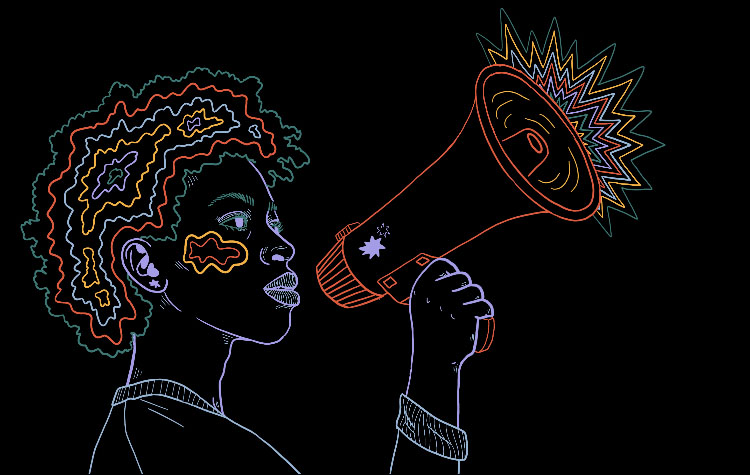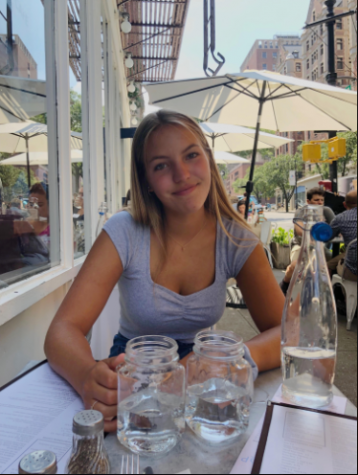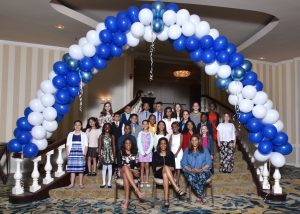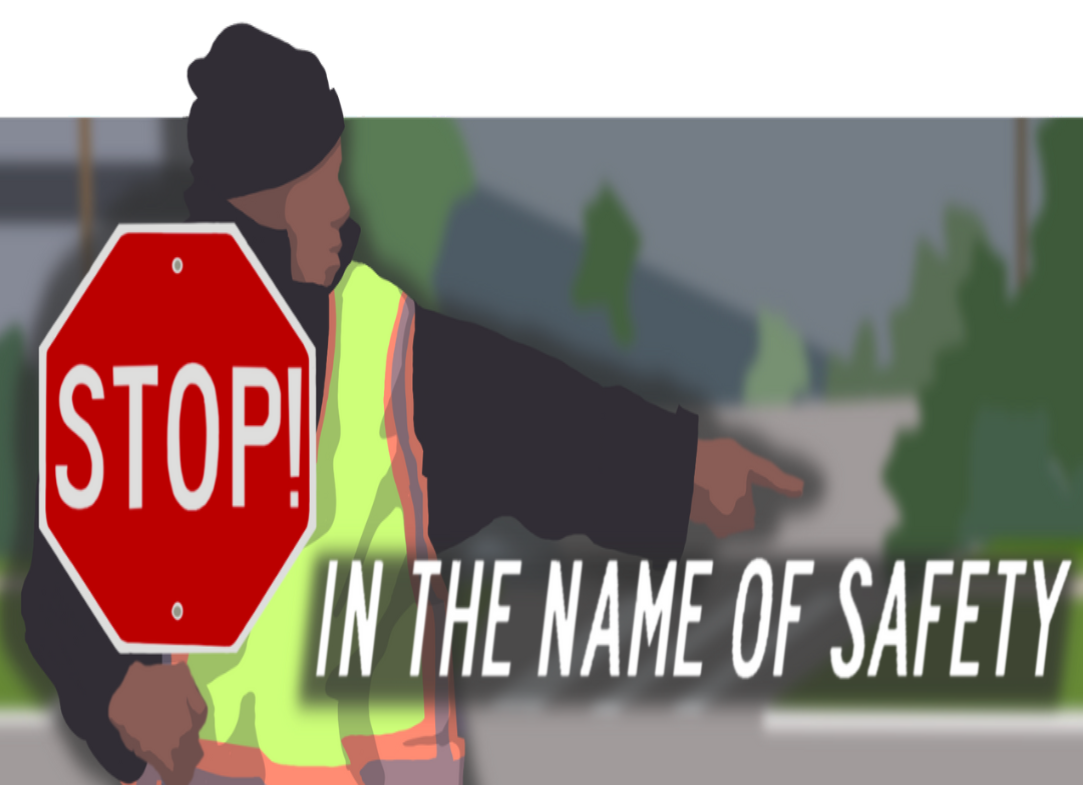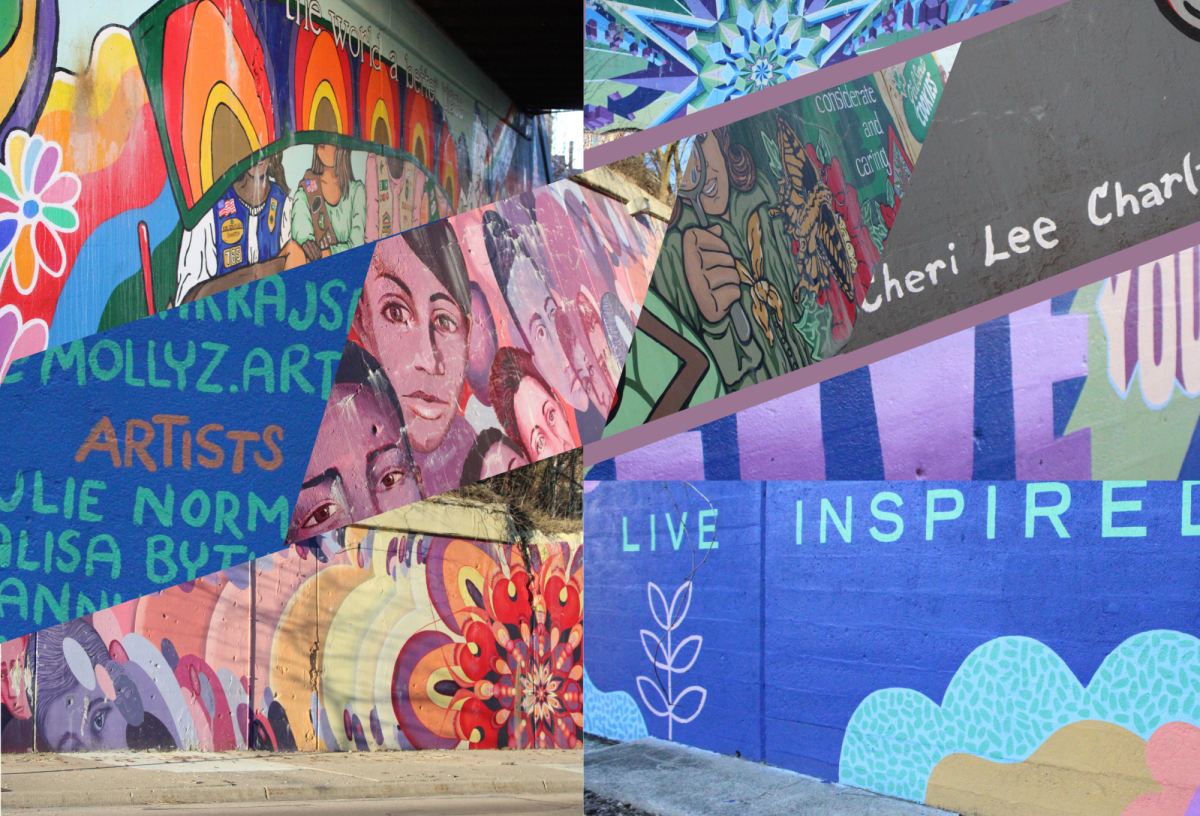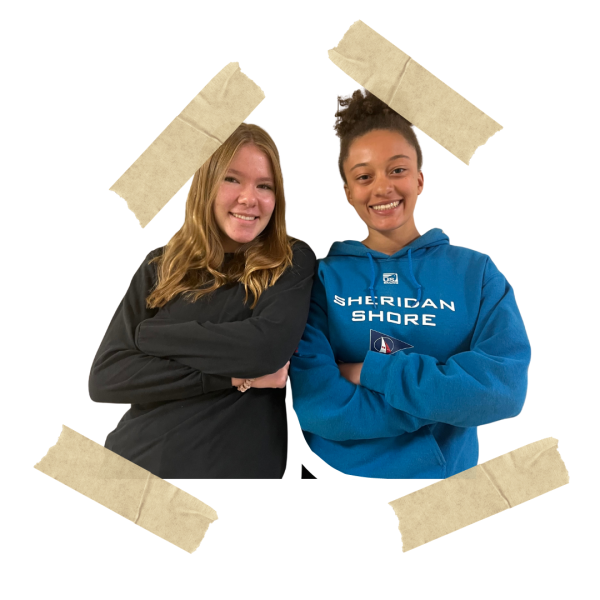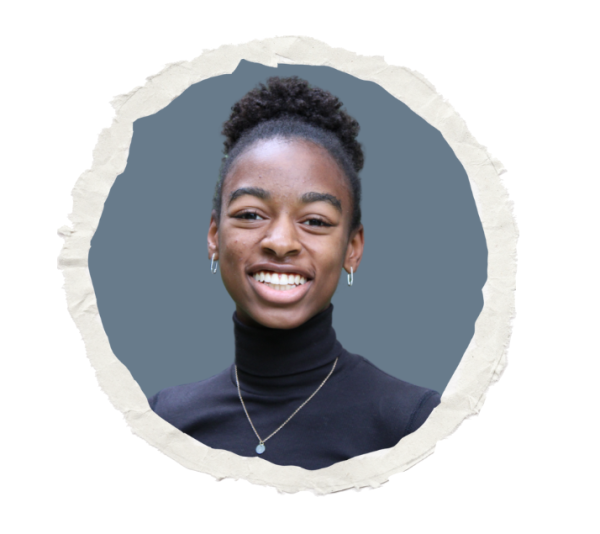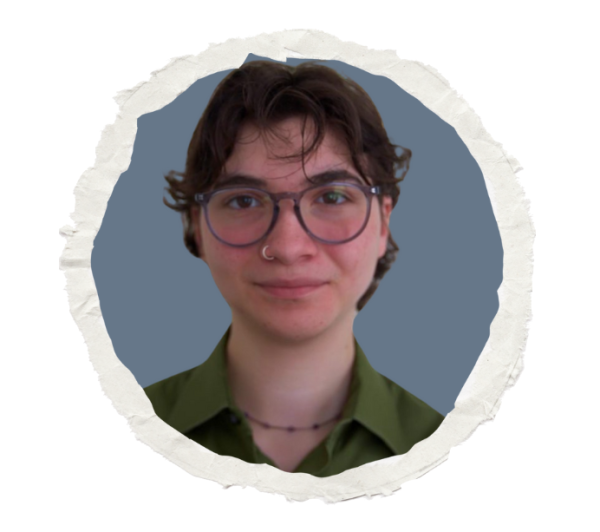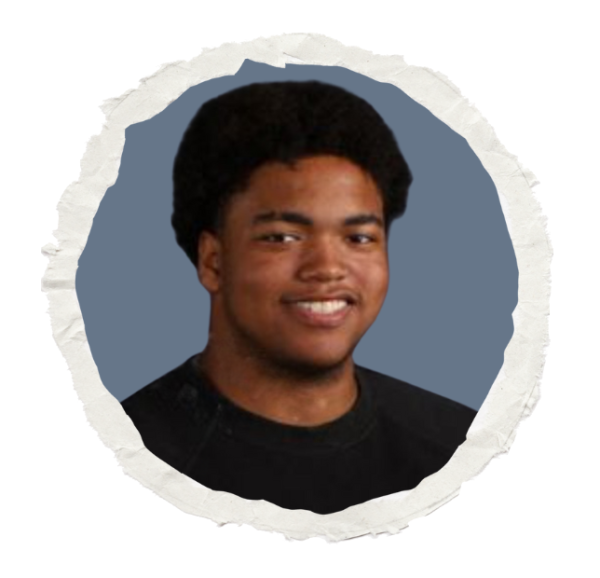Changing the gun violence debate
April 26, 2019
As we bore witness to the one year anniversary of the Parkland shooting on February 14, a whirlwind of emotions came along with it. Soon after Valentine’s Day this year, David Hogg, survivor of the Marjory Stoneman Douglas High School shooting, came to Evanston to participate in a panel discussion about youth activism and gun violence. I attended the discussion and left feeling entirely moved by his words. Powerful and thought-provoking, Hogg’s words reignited my stance on the March for Our Lives movement.
Just last year in March, about a month after the shooting, ETHS participated in a walkout. I remember explicitly asking a friend of mine, who identifies as a black male, whether or not he was joining the walkout as well. He responded bluntly and much to my surprise: no. I had automatically assumed everyone was going to march for such a tragic occurrence. 17 people were gunned down. Why wouldn’t you march to honor them and, ultimately, against gun violence?
“My people have been murdered by guns for so long. Why is everyone suddenly marching and angry about guns now that a few white kids were killed?” He added. His words were shocking, not because it was inconsiderate or insensitive, but because it was true.
Why was no one else, or at least the people I associated with, talking about this side of it? The turning point of gun violence activism sparked from Parkland where a majority of white students and teachers were killed and a majority of white protesters and activists turned out in numbers to just now begin protesting the tragedies of gun violence.
While this critique of recent gun violence activism remains valid overall, it is important to acknowledge the impact people of color have had within the March For Our Lives movement–people like Emma Gonzalez, who was and still is a main leader within the movement as well as an advocate for gun control.
It is no secret that, yes, low income, predominantly-POC neighborhoods are historically most affected by gun violence. Chicago was dubbed “Chiraq” because of the disproportionate number of homicides in the south and west sides of the city. Why are young, primarily white, people all of a sudden protesting gun violence when it’s been affecting black and brown people for far longer than any other racial group?
Once white people were affected by the implications of gun violence, other white people started caring about gun violence too, remaining ignorant to the fact that black and brown people are killed every single day because of guns. I decided to revisit this idea of popularized gun violence activism with my friend again this year. I continued to wonder where he stood on the issue a year later and if he could provide any insight. Sophomore Carl Harvey agreed to talk with me about this topic again. I found that his opinions regarding the subject remained more or less the same.
“I didn’t think it was fair to walk out for a school shooting from another state if we don’t even walk out for murders of black men who are being shot here everyday,” he says.
Harvey appeared unsurprised while discussing the issue, repeating that he has “gotten used to killings of black men.”
I, personally, am terrified at the thought of being killed in a classroom where I believe my environment is safe, but I don’t have to think about walking down the sidewalk everyday and the possibility of being shot for what I look like or who I associate with weighing on my shoulders. As a white person, I’m lucky to not have to fear that. My privilege and my history grants me the ability to walk down the street without fear of gun violence.
Gun control issues and the gun debate incorporates itself into conversations at school all the time. By no means is it an uncommon topic, especially living in Evanston where conversations like these are typically encouraged. But in our classes, we have to recognize who is doing all the talking in discussions like these. And the truth is, it’s the white kids.
It wasn’t until I really started to think deeply about this issue that I noticed that the gun conversations in our classrooms are almost entirely dominated by white students. I’ll be the first to admit that I am part of that group of white kids that will generally lead the discussion. As we address points surrounding the issue, we leave out many voices that are crucial to the conversation.
That is exactly what is happening with the gun violence debate. Once white children were affected by gun violence, a door opened for white people to take over the gun violence discussion, as they do with so many topics of national debate. For example, think back to Columbine, exactly 20 years ago this week. That was the event that put the issue of gun violence in the hearts and minds of people across the country, despite the fact that gun violence had been threatening POC-communities for decades.
There must be a broader platform for voices who are directly and constantly affected by gun violence and who are striving for gun control. This discussion should not be framed and led only by white people.
I was impressed during David Hogg’s speech at Beth Emet that he made a big point of including people of color in the discussion and that the Parkland students have been joining Chicago gun violence activists in particular at numerous points over the past year.
Considering this, the gun violence that took place in Parkland remains a valid and essential point to the debate. And although this tragedy and those affected by it have a right to the discussion, they don’t have a right to all of it. Which is why, the necessity of bridging the conversation between either “side” of the discussion is pertinent while fighting for gun control.
The fact that this conversation fails to die is what all forms of activism strive for. Any movement, no matter what its cause or how publicized it is, begs for one thing: conversation. Everyone wants their side of the debate heard and recognized. Up until now, everyone was being fed one side of the gun violence debate, but we can change it through continuing discussion and further activism that includes perspectives from all those affected by gun violence.
“I feel that not only black people should be part of this conversation because anyone is capable of being shot. No matter what race you are, I feel like the issue with guns will be better discussed if everyone is involved,” Harvey says.


